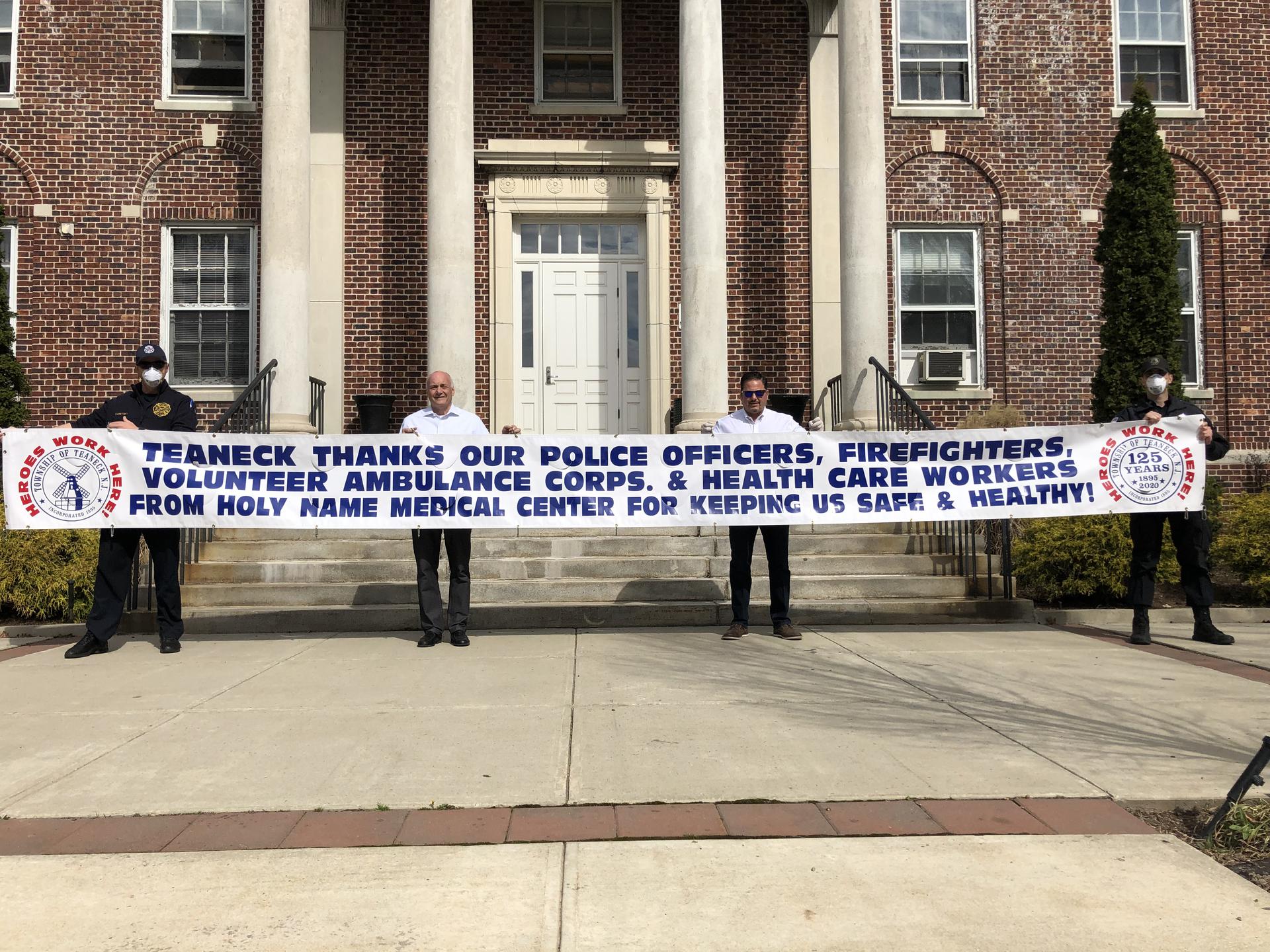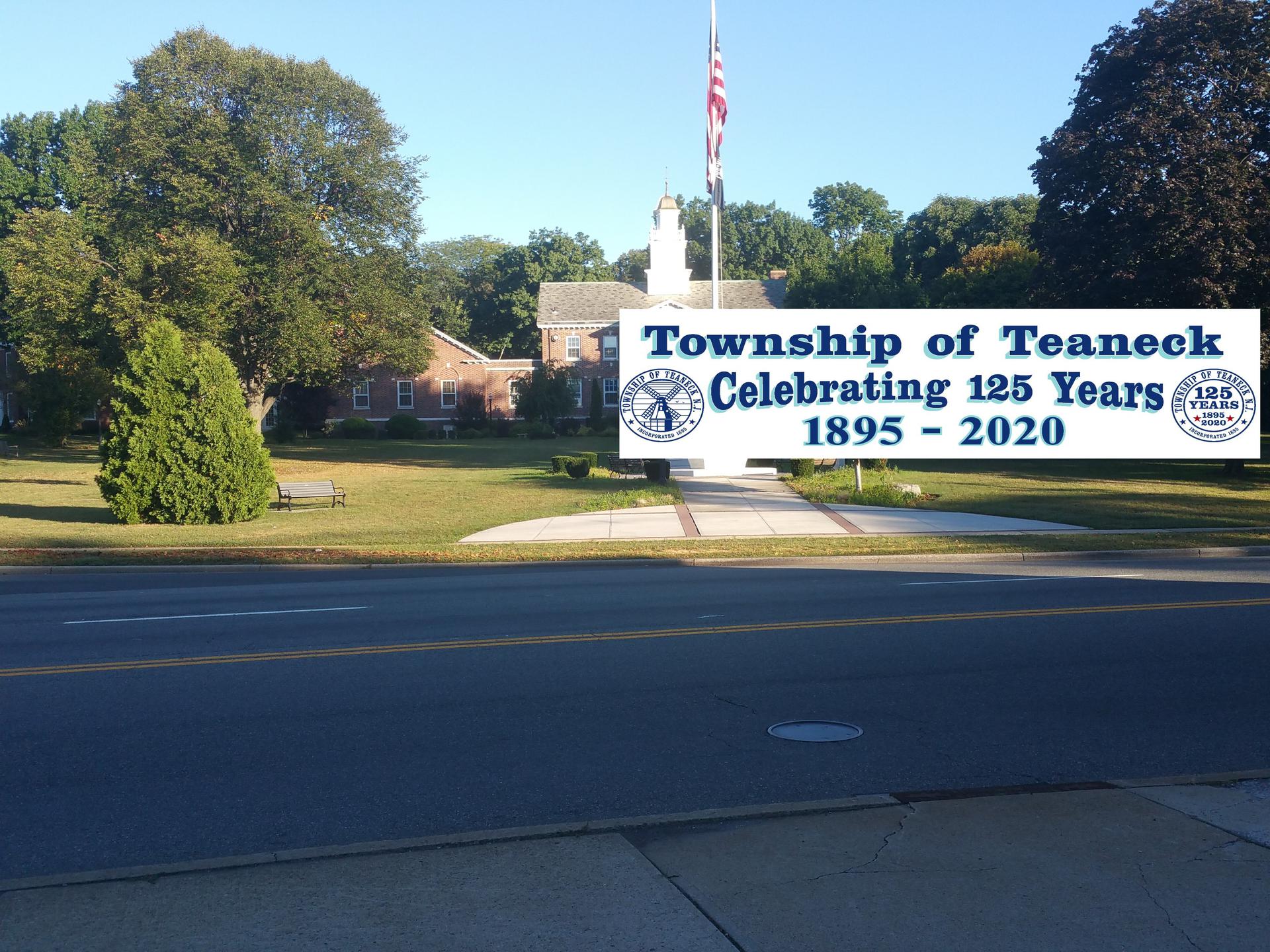U Visas and T Visas
U VISAS AND T VISAS
A. Notwithstanding any provision in AG Guideline 2018-6, officers can ask any questions necessary to complete a T Visa or U Visa certification.
- Generally, officers cannot disclose the immigration status of a person requesting T- or U-visa certification except to comply with state or federal law or legal process, or if authorized by the visa applicant.
- However, nothing in this section shall be construed to restrict, prohibit, or in any way prevent officers from sending to, maintaining, or receiving from federal immigration authorities any information regarding the citizenship or immigration status, lawful or unlawful, of any individual (see 8 U.S.C. §§ 1373, 1644).
B. Non-citizens may be eligible for a U visa if:
- They are the victims of qualifying criminal activity;
- They have suffered substantial physical or mental abuse as a result of having been a victim of criminal activity;
- They have information about the criminal activity;
- They were helpful, are helpful, or are likely to be helpful to law enforcement in the investigation or prosecution of the crime;
- The crime occurred in the United States or violated U.S. laws.
- He/she is admissible to the United States. If not admissible, an individual may apply for a waiver on a Form 1-192, Application for Advance Permission to Enter as a Non-Immigrant.
- If the person is under the age of 16 or unable to provide information due to a disability, a parent, guardian, or friend may assist law enforcement on your behalf.
- NOTE: Given the complexity of U visa petitions, petitioners often work with a legal representative or a victim advocate.
C. If an individual believes he/she may qualify for a U visa, then he/she or his/her representative will complete a USCIS Form 1-918, Petition for U Nonimmigrant Status (Form 1-918) and submit it to U.S. Citizenship and Immigration Services (USCIS) with all relevant documentation, including a USCIS Form I-91813 U Visa Law Enforcement Certification (Form I-918B).
D. This department's responsibilities are limited to certifying that an alien, who is or was the victim of a qualifying crime in Teaneck, is, has, or will cooperate with the investigation and/or prosecution of such crime. Most queries will be referred to this department from the Bergen County Prosecutor's Office.
E. Aliens or their representatives seeking certification for a U visa or the Bergen County Prosecutor's Office shall be referred to the detective bureau. The assigned detective will cause an inquiry into the matter to determine if the alien has been:
- A victim of a qualifying crime under the jurisdiction of this department;
- Has specific knowledge and details of crime; and
- Has been, is being, or is likely to be helpful to law enforcement in the detection, investigation, or prosecution of the qualifying crime
F. Aliens or their representatives seeking certification for crimes occurring outside the jurisdiction of the Teaneck shall be referred to the local jurisdiction or the county prosecutor's office in which the crime occurred.
G. The detective shall assign the inquiry a case number in CAD/RMS.
H. Upon determining that the alien has satisfied the above requirements, the detective shall execute Form 1-918, Supplement B, U Nonimmigrant Status Certification.
I. The completed form shall be forwarded to the Chief of Police or his/her designee for signature.
- The original fully executed form shall be returned to the applicant or his/her representative or the Bergen County Prosecutor's Office; and
- The detective shall forward a copy to the records bureau to be maintained in the case file.
J. The Chief of Police or his/her designee may withdraw or disavow a Form I-918B at any time if a victim stops cooperating. The detective must notify the USCIS Vermont Service Center in writing (including as an email attachment) at:
LawEnforcement UTVAWA.vscuscis.dhs.gov; or mail to
USCIS—Vermont Service Center
ATTN: Division 6
75 Lower Welden Street
St. Albans, VT 05479
K. If the detective or the Chief of Police determines that USCIS should know something particular about a victim's criminal history, that information can be cited on the certification or with an attached report or statement detailing the victim's criminal history with that law enforcement agency or his/her involvement in the crime.
L. Such written notification regarding withdrawal or disavowal must include:
- This department's name and contact information (if not included in the letterhead);
- The name and date of birth of the individual certified;
- The name of the individual who signed the certification and the date it was signed;
- The reason the department is withdrawing/disavowing the certification including information describing how the victim's refusal to cooperate in the case is unreasonable;
- The signature and title of the official who is withdrawing/ disavowing the certification; and
- A copy of the signed initial certification.
M. Non-citizens may be eligible for a T Visas if:
- Is or has been a victim of a severe form of trafficking in persons (which may include sex or labor trafficking); and
- Is in the United States due to trafficking;
- Has complied with requests for assistance in an investigation or prosecution of the crime of trafficking; and
- Would suffer extreme hardship involving unusual and severe harm if removed from the United States.
N. The T visa declaration is supplementary evidence of a victim's assistance to law enforcement that an official can complete for a T visa applicant. The declaration must be provided on Form 1-914, Supplement B, and instructions are available on the USCIS website at https://www.uscis.gov/i-914.
O. Detectives will process T Visas in the same way as U Visas.









